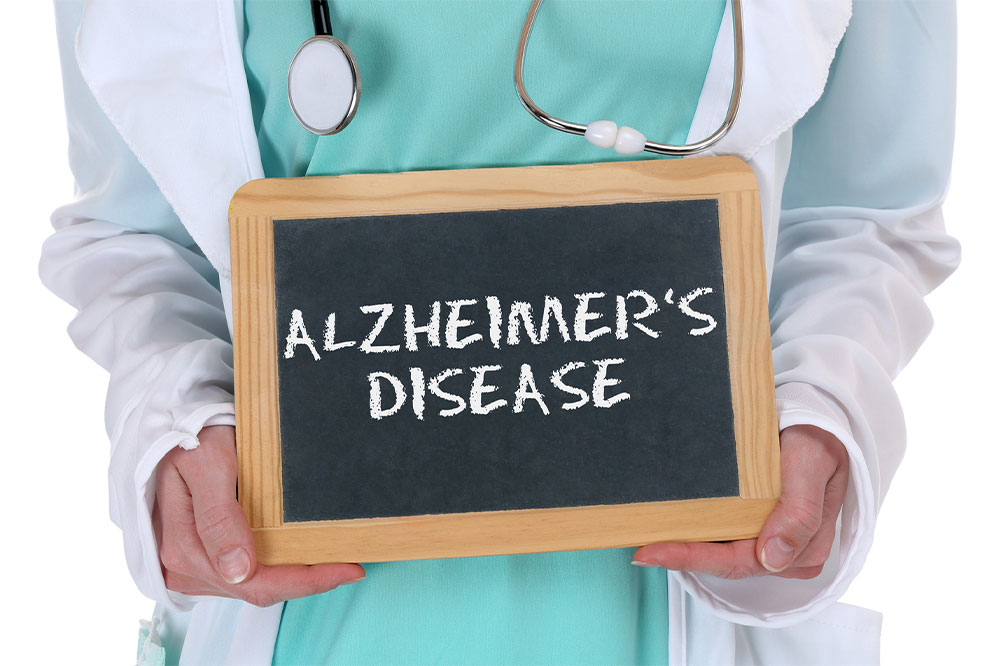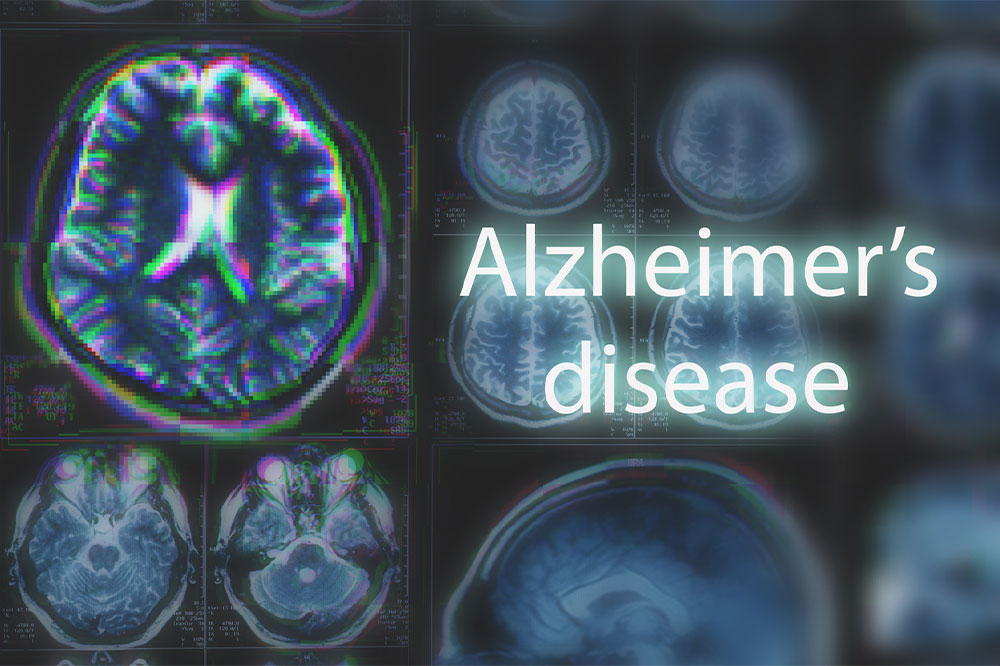Recognizing the Common Indicators of Alzheimer's Disease
This article covers the primary signs and symptoms of Alzheimer's disease, emphasizing early detection and the importance of timely medical intervention. It details cognitive, behavioral, and physical changes associated with the condition, highlighting how symptoms progress from mild to severe. Recognizing these signs can aid families and caregivers in seeking help sooner, potentially improving patient outcomes.
Sponsored

Alzheimer's disease is a neurodegenerative disorder that gradually damages brain cells, leading to memory issues and cognitive decline. Its symptoms develop slowly but become more severe over time, progressively impairing brain function. Early detection is essential for managing the disease effectively.
Key Symptoms of Alzheimer's Disease
Alzheimer's disrupts memory and cognitive abilities. Currently, there is no cure for this condition, and symptoms vary among individuals.
— Memory decline: The hallmark symptom involves significant memory loss affecting daily activities, with patients often forgetting recent events, misplacing items, or getting lost. Short-term memory is especially vulnerable.
— Speech and language issues: Communication difficulties include forgetting words, losing track of conversations, and struggling to find the right terms.
— Behavioral shifts: Changes such as depression, anxiety, paranoia, and mood swings are common in Alzheimer’s patients.
— Judgment impairments: Poor decision-making, neglecting personal hygiene, and mistrust are signs of deteriorating judgment, often resulting from cognitive decline.
— Decreased social interest: Patients may lose enthusiasm for hobbies, social interactions, and even family visits, often withdrawing due to embarrassment or frustration. Other symptoms include vision problems, motor skill decline, agitation, anger, and decreased appetite.
Advanced Alzheimer's Symptoms
In late stages, individuals may face additional challenges such as incontinence, hallucinations, weight loss, seizures, swallowing difficulties, severe confusion, skin infections, mood swings, and mobility issues.
Early diagnosis plays a vital role. If you notice signs in loved ones, seek medical advice promptly to improve their quality of life and manage symptoms effectively.






